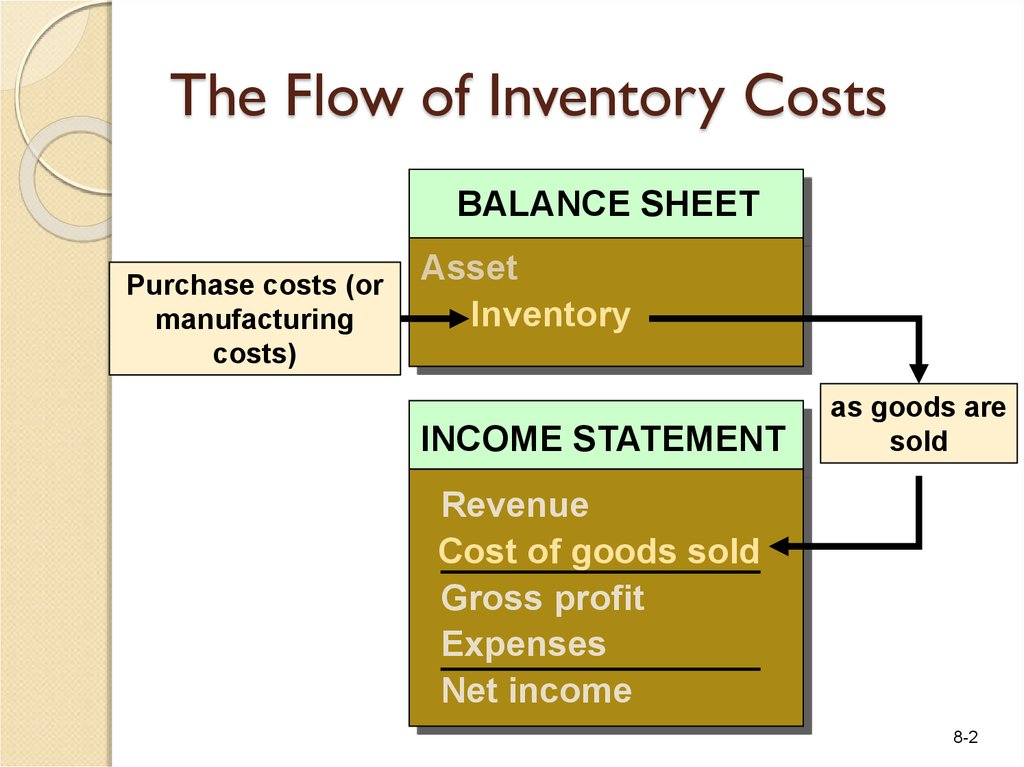
Bookkeeper360 offers a pay-as-you-go plan that costs $125 per hour of on-demand balance sheet vs income statement difference and comparison bookkeeping support. However, Merritt can still recommend a solid payroll provider or tax consultant who meets your needs. One alternative, of course, is to hire an in-house accountant (or even a team of accountants). However, this might not be cost-effective and, as your company grows, it might not be scalable either. You may also be tempted to manage your own books to keep costs down but, without any accounting experience, it’s easy to make a potentially costly mistake. Your company has its vision and mission for growth, which is why it’s best to work with a Finance as a Service (FaaS) provider that is willing to align with your vision and mission.
Related reading
But this is often a huge expense for smaller businesses and difficult to scale as businesses grow. This is why many companies look into DIY accounting systems such as QuickBooks or Xero. Therefore, considering cost efficiency and the standard accounting or bookkeeping fees of these services is a vital aspect of knowing when to outsource. If you’re losing money on this service, it could be in your best interest to pass on external hiring. However, if you can find accounting or bookkeeping services that can save you time, stress, and overall resources, it could be a perfect fit.
Common Outsourced Accounting Myths
- These figures should serve as a rough guideline to estimate the range of your budget for outsourced finance services.
- But the fact that public companies are embracing outsourcing shouldn’t dissuade you from exploring outsourcing elements of your own business.
- Is it time to invest in additional people and new software to boost your business’ efficiency?
- As your company faces a high level of regulation, you can sit back and let your outsourced accounting professionals adhere to compliance requirements with the various regulatory bodies.
- You might say that areas of accounting and bookkeeping must be done internally due to the job’s sensitivity.
This makes it easier to prepare financial statement audits almost instantly. If you have a Certified Public Accountant (CPA), we can handle your monthly bookkeeping and then send your financials and tax prep info to your CPA at year-end. Clean and accurate books give your accountant less work to do and, ultimately, save you money. If you do decide to pay a third party to handle your accounting, be aware of the potential for scope creep.
When you outsource, you can leverage the expertise and experience of firms who are already established in those markets. This ensures that your tax and legal obligations are urban dictionary being handled by local accountants who understand local tax laws and regulations, and who are sufficiently qualified. In this article, we’ll explain what exactly outsourced accounting is, what it covers, and how it can help your company. We’ll also give you some key tips and insights into finding a provider and ensuring the process goes smoothly.
Compare runner-up bookkeeping service features
The most obvious red flag telling you that it’s time to outsource is not having the critical numbers you need to make the right business decisions. Let’s take a look at the most significant benefits of outsourcing finance and accounting. They spend hours doing tutorials, chatting with support representatives, or double-checking their numbers. And every hour spent learning or managing accounting software is an hour not spent on generating revenue directly. If your business is growing steadily or you’re already spread thin, that may be time that you don’t have.
Read the full guide to explore why outsourced accounting has surpassed other methods and how choosing the budgeted financial statements definition right virtual accounting partner is key to the growth of your organization. Simply put, outsourcing is the action of one company hiring another company to perform its specific internal services. When you consider external accounting or bookkeeping services, you want to hire an outside service to fulfill all of your small business accounting tasks and finance responsibilities.
Chief Financial Officers (CFOs) provide invaluable leadership in businesses all around the world. Their job is to head up a business’s financial strategy, designing and implementing financial systems and processes that enable the business to operate more efficiently. There’s also the consideration that an outsourced controller has many additional skills that can benefit your business. This might include a knowledge of tax strategy, insights as to how you should structure your personal compensation to be tax-efficient, and more. With the right partner, it’s possible to mitigate these downsides entirely, but to do that, you need to be aware of what to be on the lookout for. Beyond this, having a clean, organized financial infrastructure makes things significantly easier for your business come tax season.
Controllers are more advanced finance professionals that are usually responsible for managing the day-to-day financial operations of a business. They have a wide range of responsibilities, from managing bookkeeping staff to working on more strategic initiatives. When a business outsources its accounting, it essentially transfers responsibility for some or all of its accounting tasks to a third-party accounting firm. Before you can start thinking about how outsourced accounting might benefit your business, it’s crucial to understand exactly what outsourced accounting is (and isn’t). Among all these day-to-day activities, it can be difficult to find time for your accounting, even though you know how important it is to your business.

At some point, you may find it more beneficial to move some or all of your accounting processes in-house. But the majority of companies just want to meet their obligations with minimal fuss, and entrust the heavy lifting to trained experts. If you’re communicating clearly with a trustworthy partner, this doesn’t need to be a negative. Once you’ve signed an agreement, your service provider will need access to your data. Set up restricted user accounts, and only provide access to the systems and data that are needed for the provider to perform their tasks.

